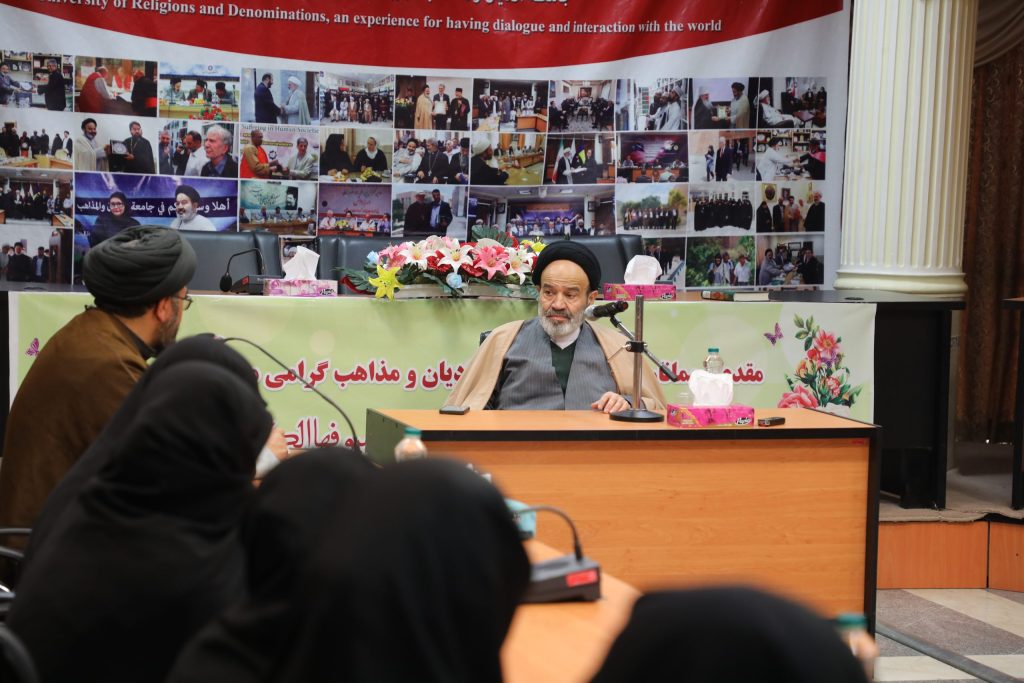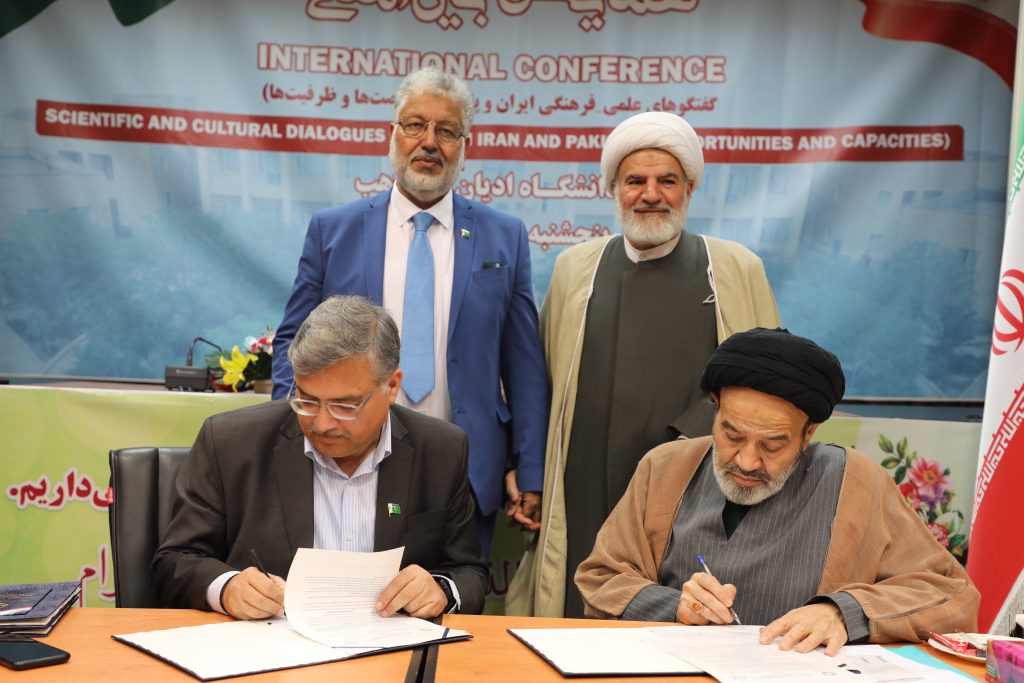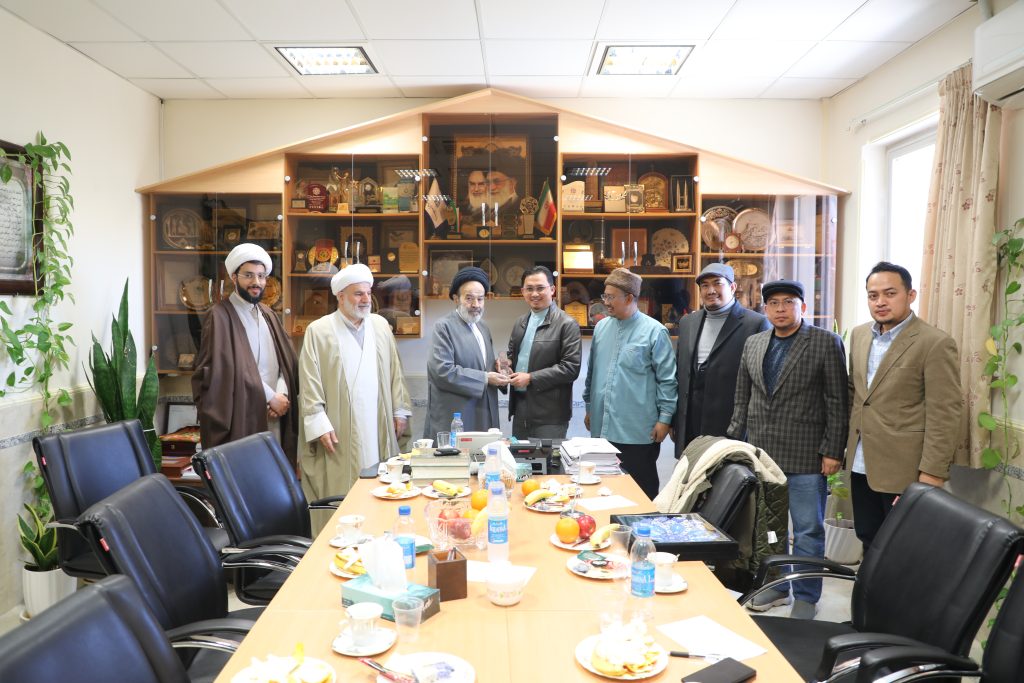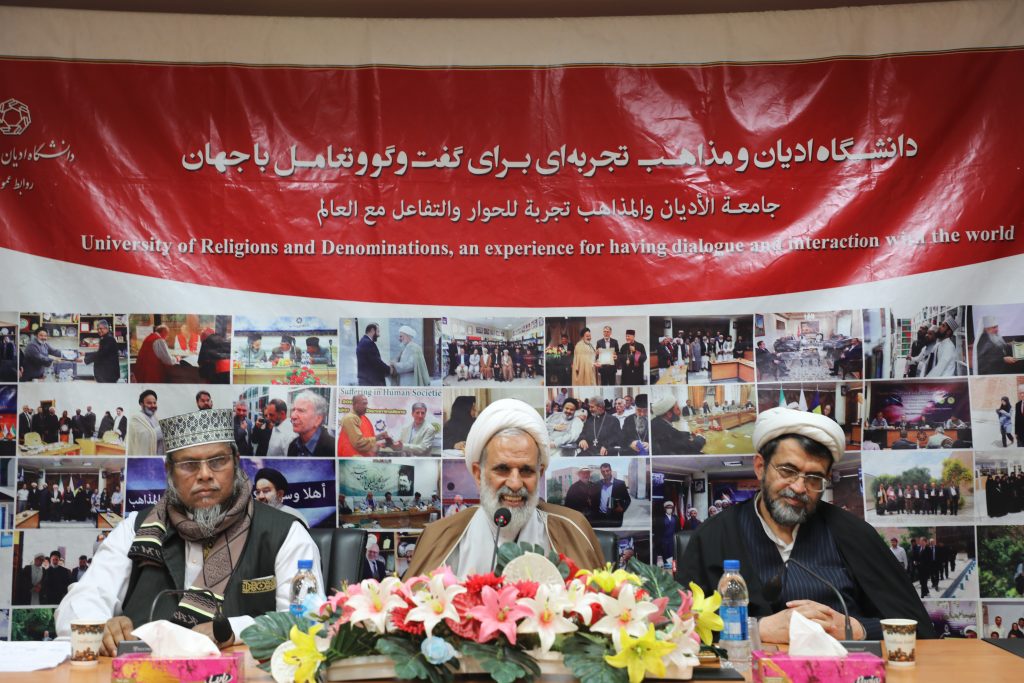Research fields were explained in Islamic studies about sexual minorities
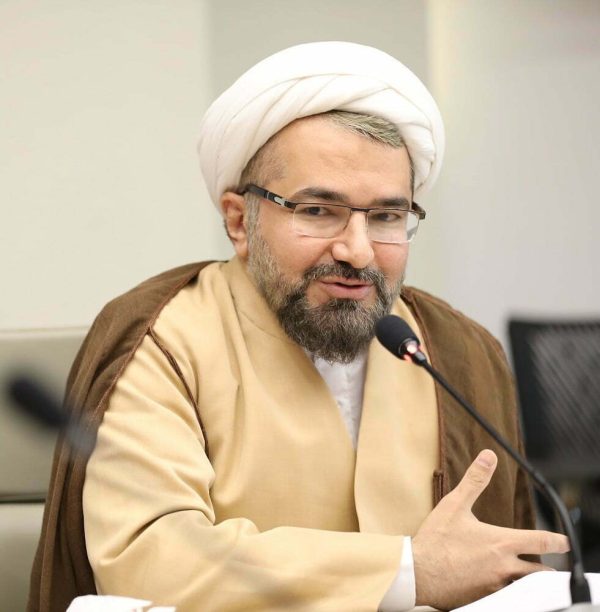
According to the university’s public relations report, the meeting “problemology of gender change and homosexuality in the field of Islamic studies” was held by effort of the gender change research desk of the Faculty of Women and Family. Hojat-ul-Islam-wal-Muslimin Dr. Majid Dehghan, gave speech in this meeting which was held with the presence of members of the gender change research table of the Faculty of Women and Family on Sunday, January 9, 2023
According to this report, at the beginning of the meeting, Dr. Dehghan introduced the books and available resources in Persian language in the field of LGBT groups and found it very useful to study the existing documents and laws about these minority groups.
The Vice-Chancellor of Education and Research of the Faculty of Women and Family said: I want use this opportunity to categorize and express the available research fields in the field of Islamic studies about LGBT groups. In general, it is possible to pay attention to this issue from the perspective of Islamic sciences in five areas: Quranic topics, ethics, history, theology and jurisprudence.
He continued: In the Qur’anic field, one of the most important issues that can be raised about gender is whether the Qur’an has ruled against homosexuality or not. For the supporters of the Qur’an’s opinion about this, the verses about the people of Lot are proof of this claim. In contrast to Muslims who want to defend homosexuality and say that the Quran does not deny this phenomenon, citing the same verses, it points out that the meaning of the Holy Quran is the heinous work and act of Lot’s people and their rape, not a sexual tendency to the same kind. The claim is that they are rapists and this heinous act has been condemned. The important research question here is whether the Quran rejects the abominable act or homosexuality?
Dr. Dehghan stated: The next field is the ethic. One of the most important moral reasons against homosexuality is the unnaturalness of this act. Many philosophers and thinkers have expressed this argument in different ways. On the other hand, the proponents of homosexuality claim that it is necessary to first prove that homosexuality is unnatural and then prove that unnaturalness is immoral. There are many criticisms between these two views, which can be a suitable platform for research.
He added: The next field is the history. In this view, it is assumed that non-western societies think that homosexuality is a western and modern phenomenon, that’s why they take a strong stance against it. Researches in this field, like Ms. Najmabadi’s book, try to show that this behavior has roots in Eastern traditions and is something that has existed since ancient times. By showing these two cases, these studies try to reduce the positions of non-western societies in front of this phenomenon.
The Vice-Chancellor of Education and Research of Women and Family faculty clarified: The next field is the theology. The discussion related to sexual minorities in theology is the discussion of justice. Is society’s behave fair with the homosexuals? Is male and female inherent in religious texts? Does God’s justice allow someone to be heterosexual? Paying attention to these topics from the heart of theology can be topics for our research about these sexual minorities.
He continued: The last field is jurisprudence. What is being a woman and being a man from the point of view of jurisprudence? Is the diagnosis of this phenomenon customary or religious? If this is a special customary issue, who should be consulted to understand it, a psychologist or a biologist? What is the fatwa of religious authorities about this? What are the bases of his fatwa?
In the end, while thanking the constitution of this research table, Dr. Dehghan said: constitute of such committees will lead to a better problem understanding and ultimately move towards correct answers and solving social problems.

